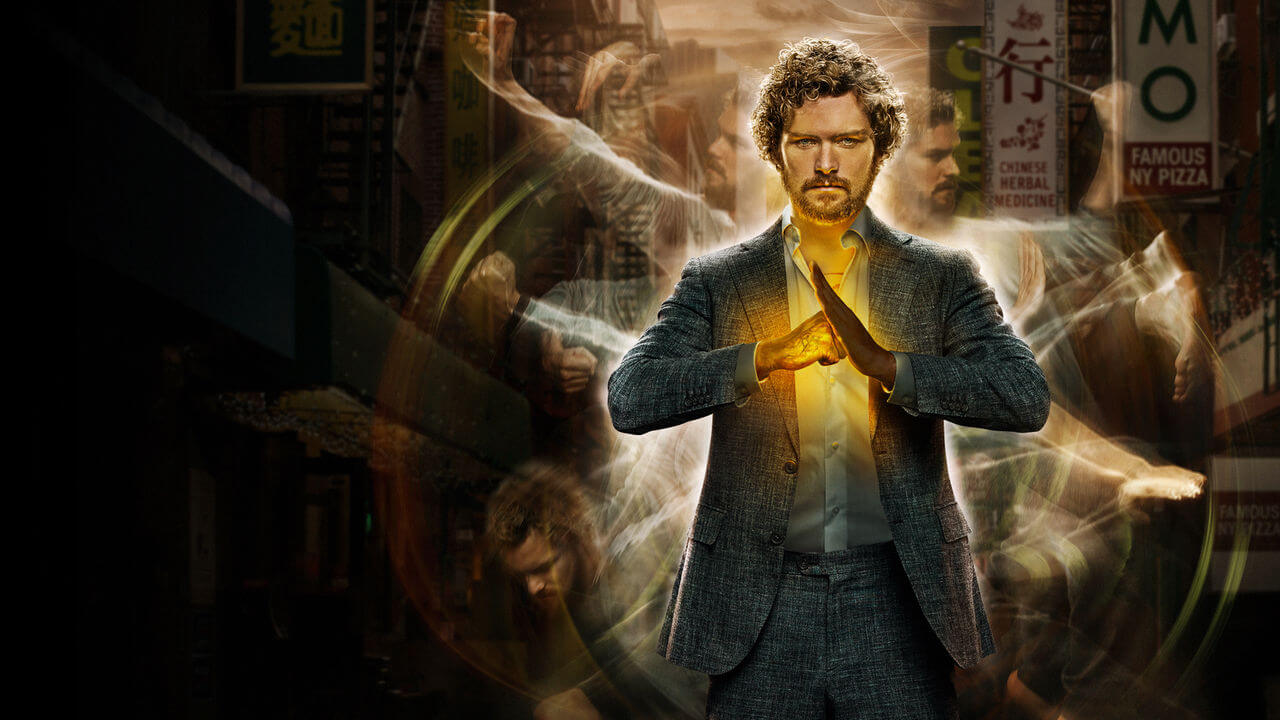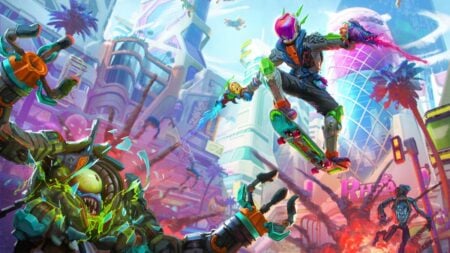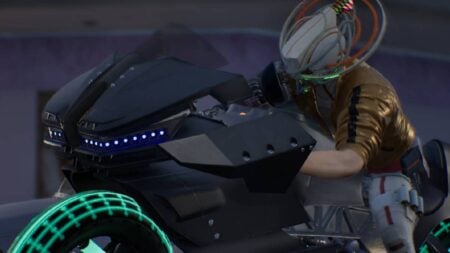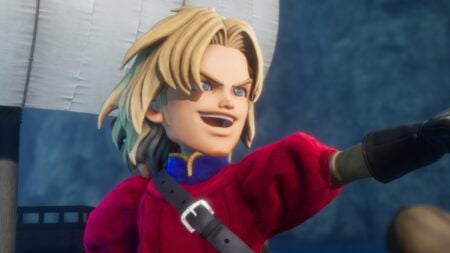Title: Iron Fist
Air Date: March 17, 2017
Network: Netflix
Genre: Action, Crime Drama, Superhero
Iron Fist is the final member of the Marvel Netflix Defenders series to attempt to make his mark on viewers. While there are certainly some compelling aspects to the show, thus far it has definitely been the limpest impression made of the quartet of heroes.
Earlier reviews for Danny Rand and company didn’t leave me with as high a hopes as I did when beginning Daredevil, Jessica Jones or Luke Cage, but the internets tendencies to lean towards mob mentality persuaded me to go into the situation without preconceived notions. For the most part, I was right to, as Iron First was not racially insensitive as most claimed, nor was it boring. Instead, the show disappointed in other ways, in regards to elements that have been crucial to the success of the previous iterations individually and as a whole.
First of there are the characters, and consequently, the stories that they tell or that unfold around them. As the Iron Fist, it obviously makes sense that the vast majority of the screentime is going to be devoted to the character that holds that mantle, Danny Rand.
Unfortunately, anytime Finn Jones was on screen I found myself tuning out. When I was paying attention to his performance, it was a mix of seeing him seemingly sight read his lines or convey the wrong (or sometimes nothing at all) emotion. One of the scenes that stand out in particular when one of his closest friends gets shot, while he is face timing them. Instead of showing shock, fear or even anger, there’s almost no change in his demeanor at the surprise gunshot.
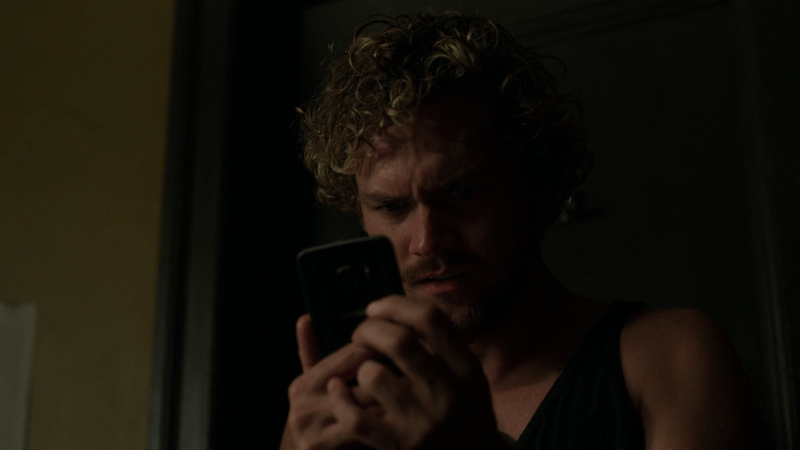
It’s not necessarily that Jones is a bad actor, per say, I think a lot of it had to do with how the showrunners wrote his character. So many of Jones’ lines were so cookie-cutter and cliche that I found myself being able to finish a lot of his sentences. Not only that, but it feels like his entire character, and every relationship that he established throughout the show – or even implied ones we didn’t see on the show – is riddled with exposition.
Instead of starting off the show, or even devoting a full episode to it, with Danny’s training in K’un-Lun to become the Iron Fist, the show conveys it through conversation with other characters. Not only does this violate the show don’t tell aspect of telling a story, it was beyond boring. Instead of acting out his emotion, a vast majority of the time he just says, “I’m angry,” or what have you. Leave exposition for books, where I have the ability to imagine this thing in my head, not when there is already images to represent said story and tell it more subtly on the screen I’m watching.
It’s baffling that they have all these problems with Jones’ character, yet their portrayal of the (somewhat) antagonistic family is perfect and does just about the opposite of every problem I highlighted with the Danny Rand character.
Ironically, I found myself hating the Meechums at first for some of the preconceived notions the pilot and flashbacks gave me about the characters. They seemed to fall into a number of archetypal, cliche characters, including the son Ward being mean to Danny simply for the sake of being mean.
As the story unfolded, though, I was taken on an emotional ride involving Harold, Joy, and Ward. A sorrowfully conflicting tale of a family that clearly loves each other – based on the emotions they conveyed throughout, and not simply telling us they do – but one that is certainly not perfect.
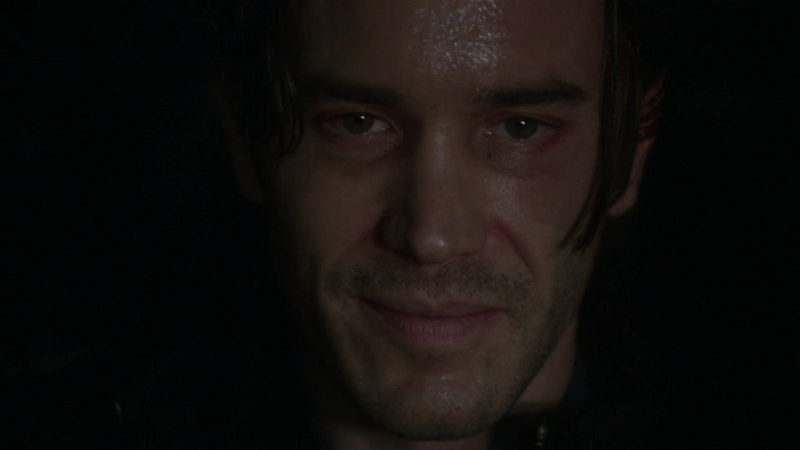
Iron Fist does a great job at conveying the toll that Harold’s abuse takes on Ward throughout his life. The previous notion of Ward being an ass to our hero simply for the sake of it, could not have been more wrong, as it was revealed throughout that, like most people who act out in that way, Ward had been projecting his own suffering of abuse onto Danny. Not only is the abuse physical, it’s also mental, as one of the biggest issues Ward faces throughout the show is having to be one of the only ones who knows that his father is still alive, pulling strings from beyond the grave.
While Ward does eventually redeem himself – doing plenty of things to attempt to break free of his father’s manipulation along the way, including killing him twice – his relationship with his father also displays the Stockholm like symptoms one can suffer when receiving abuse like this from a parent. Not only does Ward try to emulate him in business and demeanor, Harold also makes him keep his death from the most important person to Ward in the show, his sister.
It’s implied that throughout the abuse that Ward suffers during his childhood from his father growing up, that Joy is always there and that they have a tight bond as a result. It also is conveyed that Harold was not as abusive to Joy, treating her as his little princess, rather than trying to toughen her up like a man, like he did with Ward.
So when Ward has to lie to the one person who he trusts in his life, and it’s because of the person he emulates, but deep down despises as well, he eventually spirals down into a well of depression, compensating with drugs. Not only is this important for his redemption, it’s also crucial to other aspects of the plot, including certain cool (yet eventually, somewhat trivial) twists.
All of this is bolstered by Ilan Eskenazi and Jessica Stroup’s acting throughout the show, especially in regards to their relationship. Each scene they are in together phenomenal, with their chemistry making it really feels like they are real life brother and sister.
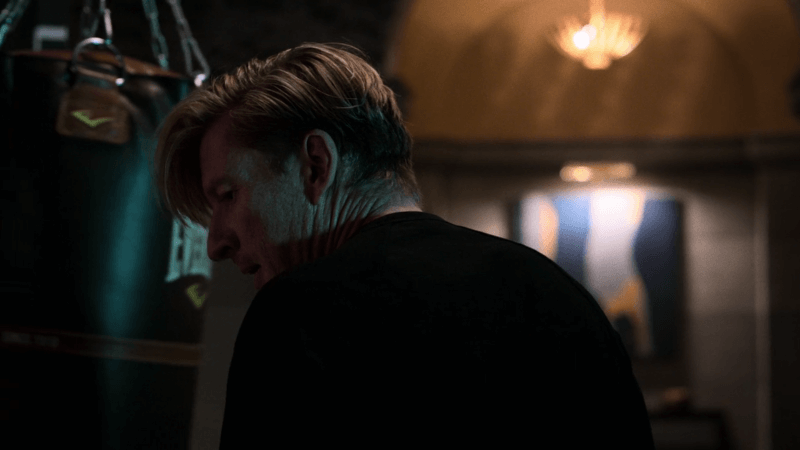
But let’s not forget papa, as David Wenham performance as Harold is as manipulative and vindictive of a character as they come. While there’s certainly redeeming aspects to his character too, those qualities are all but gone after he dies. As it was implied in Daredevil – and eventually revealed through exposition again – being brought back by the Hand exacerbates any ill feelings one might have had before dying or in general. So even if he wants to become a better person, it’s the equivalent of having a psychological disease, where it’s easier said than done. As a result, his manipulation throughout the show is there but is done far more subtlety than most of Iron Fist’s writing and story. He is so good that he not only manages to fool the characters in the show of his intentions but most of the viewers watching as well, as there are so many likable things about the man. It’s easy to fall into as well, as I felt sorry for him similarly to Ward in the fact that he suffers from the cycle of abuse as well, from both his father and the hand. By the end of it, you really hope he can be put out of his misery.
As you can see I really enjoyed the Meechums, and their characters arcs on the show as a whole, so it would have been great if they – mostly Harold – had been the only antagonist Danny faced in the show. Instead the show cycles in three different main villains in the form of Madam Gao, Bakuto, and Harold Meachum. The quantity over quality mindset has affected the superhero genre, including some of Iron Fist’s fellow Defenders, in a negative way since it’s boom, most importantly in regards to pacing.
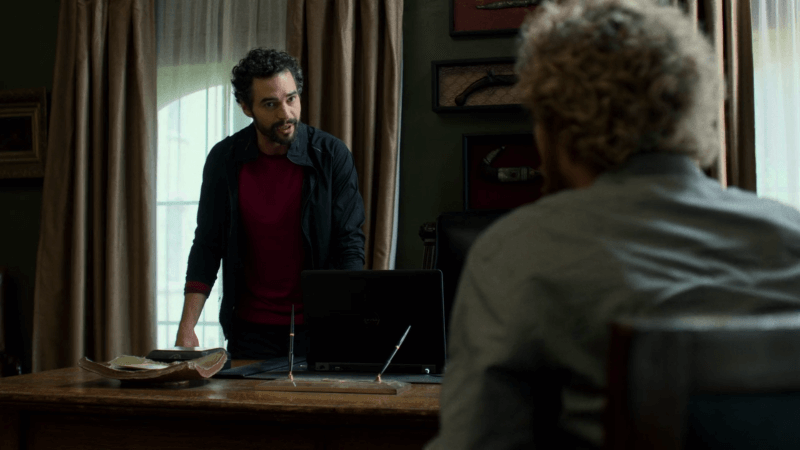
When you have 13 episodes at an hour each, there is going to be a lot of time to fill up. As a result, the three episodes revolve around set-up and the show gets bogged down in bringing Danny back to the real world. It takes that long for people to even start recognizing Rand as who he is, let alone delving into his Iron Fist backstory, which the first three episodes should have been about. As a result, the pace is so drawn out that it can get boring waiting for the impactful stuff to happen, and it’s why the show would have been way better suited as the Defenders series were intended to be portrayed, as mini-series, not seasons. Instead of devoting 13 full episodes to each character, give them around six or so, enough to flesh them out, then have them meet up for the Defenders show. Instead, there’s a lot of dead air and a lot of boring aspects of the show, including showing the same death flashback scene about 15 times.
The only thing worse in Iron Fist then some it’s writing, pacing and acting was its fight scenes. The precedent was set for this show by Daredevil, as the show had some of the coolest choreography that’s been done in any live superhero medium. The most memorable scenes from Matt Murdock’s adventures are the long tracking hallway and stairwell scene that are done in one shot. They felt brutal and realistic, as you could genuinely see Charlie Cox (or his double) getting tired throughout the shot.
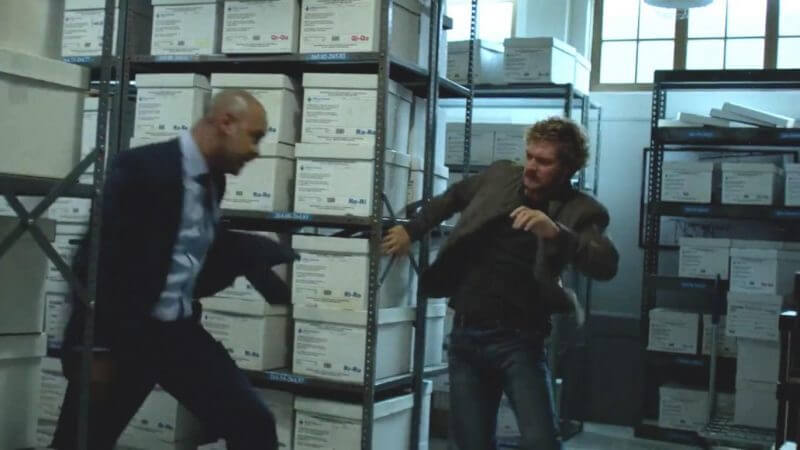
By contrast, you have Iron Fist, which features a scene that is 35 seconds long get 56 camera cuts. That is Hally Berry’s Catwoman levels of bad. This would obviously be bad regardless of whatever fighting style was used, but especially with Kung Fu. Martial arts is very important to Asian culture, so the way that they end up approaching the fighting style is not only contradictory to their methods, it’s insulting.
The flamboyantly, Hollywood-like nature of fighting on display, using the obvious camera cuts and shaky cam as a crutch to hide missed and slow punches, is a poor comparison to actual action movies focused around the genre. It’s made entirely worse by the fact that Finn Jones doesn’t know Kung-Fu, and there is no stunt double to stand in, as he has yet to don the Iron Fist costume. It’s why I understand the outrage at the white washing that so many in the media have complained about in regards to the show. Iron Fist tries to emulate the impact that Luke Cage had when dealing with African American issues in the same way in Iron fist, but with a white character doing so, it seems misplaced.
While it wasn’t for the reasons that a lot of people came away with, as much as I enjoyed a lot of aspects of Iron Fist, I was also considerably disappointed. It just seems like that there was little to no effort put into some aspects of the show. Then there are other aspects that also seem lazy, but only when dealing with certain characters like Danny Rand, otherwise characters like the Meachum’s have emotion stories and dialogue that resonate. While they are certainly great actors, I can’t imagine that they could have done the performances they did without a solid template to go off of.
So would I recommend that you watch Iron Fist? Yes, I actually would, just for the right reasons. Know that you aren’t going to be getting the epic fight scenes of Daredevil, the psychological thriller of Jessica Jones, or the cultural nuance of Luke Cage, but you will get one hell of a story surrounding the Meachum’s.
[embedyt] https://www.youtube.com/watch?v=f9OKL5no-S0[/embedyt]
[review]

